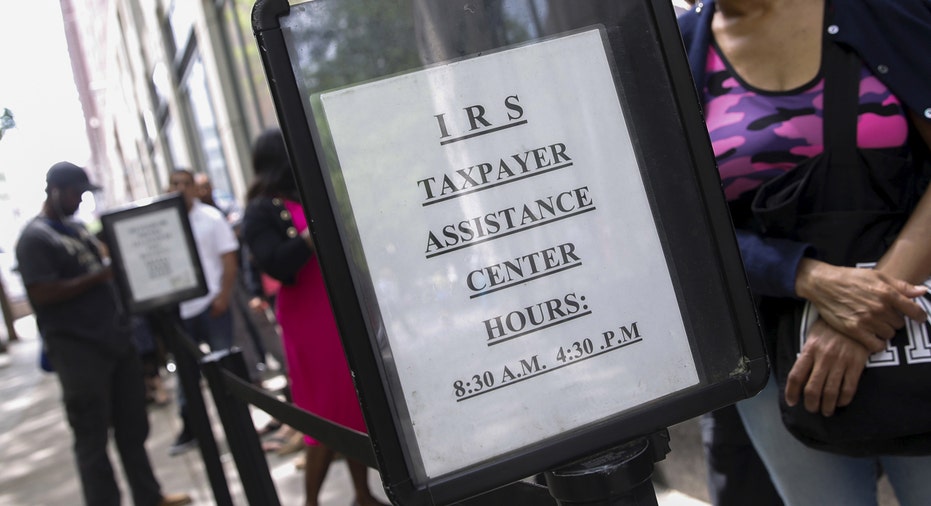December Moves to Save on 2015 Taxes - It's Not Too Late to Take Money-Saving Steps

The holiday season is full of plans and activities that make December incredibly hectic. If you are the average American, tax considerations and financial adjustments are pretty low on your holiday to-do list. However, you are not the average American — you enjoy saving money, are diligent in seeking ways to save, and excellent at following through with your plans. We can help by offering these potential money-saving tips to take before the calendar rolls over into 2016.
Make Maximum Retirement Contributions – If you can afford to do so, max out your contributions to tax-deferred savings plans. For the 2015 tax year, maximum annual Individual Retirement Account (IRA) contributions are $5,500 with an additional $1,000 allowed as a "catch-up" contribution for taxpayers who are at least fifty years old. 401(k) plan annual contribution limits are $18,000 with an extra $6,000 catch-up allowed if you are over fifty years old.
Don’t Forget Charitable Contributions – Make any charitable contributions before the end of the year to claim them on your 2015 tax bill — but make sure you retain your records and get appropriate receipts or notifications from the charity. Gifts of $250 or more require an acknowledgement from the receiving group.
Adjust Withholding – If your chosen withholding level is not taking the right amount of your salary out of your paycheck to equal your taxes, adjust it as soon as possible. You cannot overcome eleven months of over- or under-withholding, but correct what you can.
While it is enjoyable to get a big refund, it is not economically smart. Your annual withholding should equal or be slightly below your tax bill. If you have extra withheld in order to get a refund, you are just giving the government the interest on your money when you could be collecting it instead. However, make sure you are withholding enough to avoid an underpayment penalty.
Accelerate/Delay Deductions and Income – Is your income likely to change next year? Assuming you itemize, you may want to adjust income or expenses as possible to make the greater level of deductions match the greater level of income. For example, if your income will drop next year, you can pay expenses such as your January mortgage and property taxes in December — any deductible expense that will increase your deductions for the year — and claim those deductions for 2015. If your income will increase, consider delaying charitable expenses or accelerating income (such as bonuses) ahead whenever possible.
Spend Down "Use or Lose" Accounts – Do you have an employer-sponsored Flexible Spending Account (FSA) to cover medical expenses, or some other account that has a "use it or lose it" approach? If so, make sure that you use those expenses wisely. Wait too long and you may not be able to get an appointment before the end of the year, forfeiting your benefits. Remember, others are probably trying to fit appointments in to use up their FSAs as well.
Review Your Portfolio – If you have some losing stocks in your portfolio and capital gains to claim, you can sell the losing stocks and use the net losses to neutralize some of the capital gains taxes. Just be aware that the "wash rule" keeps you from buying those stocks back or purchasing "substantially identical" ones within a 30-day period, so make sure the losing stocks are ones that you will not be interested in over the short term.
Notice that most of these tips involve doing a quick trial run of your taxes to evaluate the proper path to take. Who wants to do a tax form in December? You do — because it will save you money on 2015 taxes and time in April 2016 when you have to file your actual return. If you like, think of it as an investment that will finance an extra present or two next year.
More from MoneyTips.com:Holiday Bonuses 101Tax Shelters 1016 Crucial Tax Deductions



















